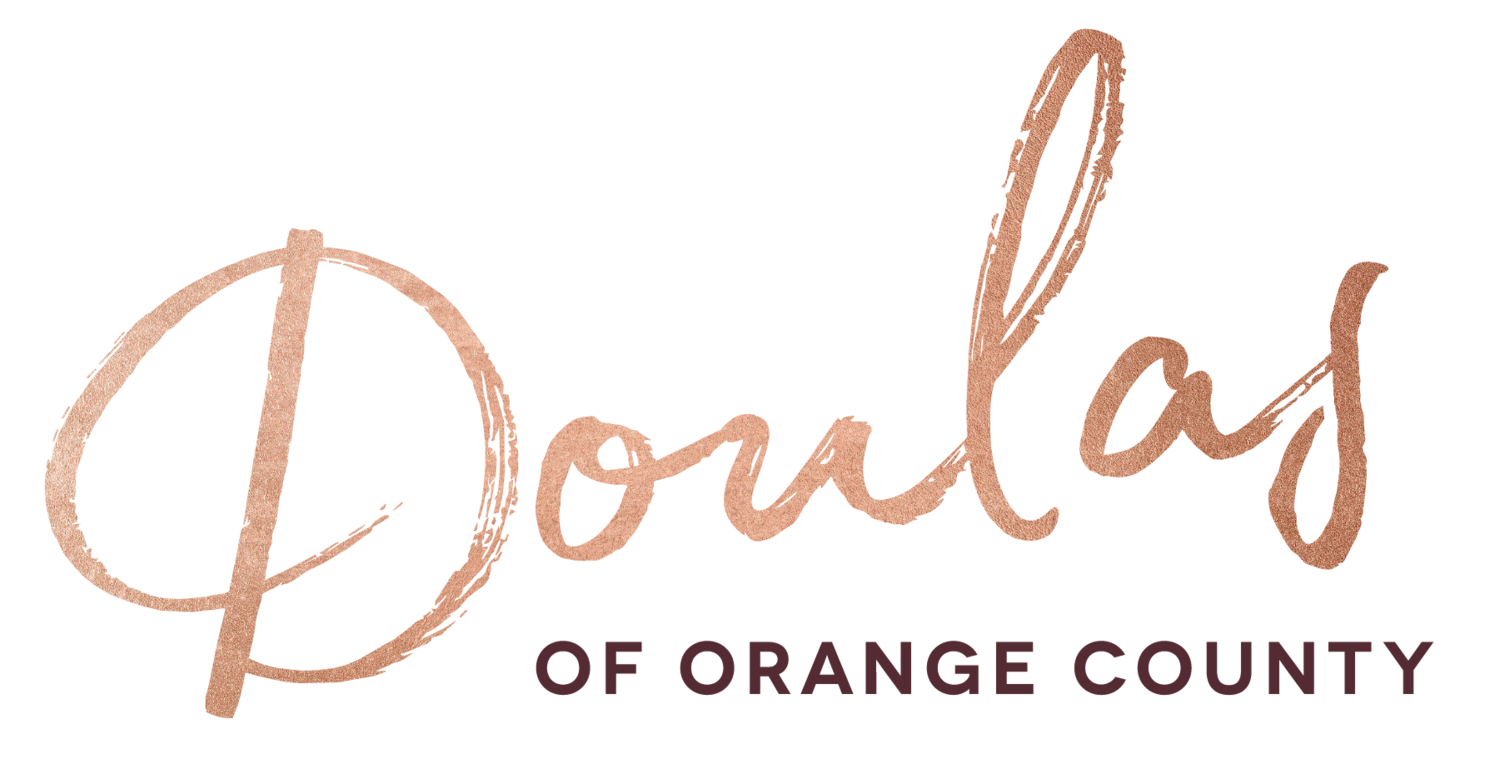Postpartum is a threshold. It’s not just the weeks and months following birth, but a full-body, full-heart transformation. It’s where the real work of becoming a parent happens. There’s nothing linear or polished about it. Some days feel like honey and skin-to-skin bliss. Others feel like cracked nipples, too many half-drunk cups of coffee, and wondering if anyone remembered to eat.
This is the dance of early parenthood: fierce love mixed with sleep deprivation, identity shifts, and the kind of tired that seeps into your bones.
That’s where we come in.
At Doulas of Orange County, our postpartum doulas offer steady, evidence-based, deeply human support for families across San Diego County — whether you need help during the day, overnight, or 24/7 live-in care. We come in with warm hands, sharp instincts, and the experience to help your family soften into this new season.
Let’s talk about what postpartum care really looks like — and why it changes everything.

So, you’ve brought two babies into this world. First of all, you’re a superhero—no doubt about it. But let’s get real for a second: postpartum recovery after twins is not the same as recovering from a single birth. It’s double the diapers, double the feedings, double the sleepless nights—and sometimes, double the discomfort. Your body just did an incredible, exhausting, miraculous thing. Now, it's time to heal, recover, and find yourself again in the whirlwind of having two newborns at home.
It’s important to remember, you’re not just healing from birth. You’re also adjusting to a new life with two precious babies. And while there’s a lot of joy, there’s also a lot of messiness that nobody really prepares you for. Let’s break down what you really need to know about postpartum recovery after twins!

As your due date nears, the reality of impending parenthood can be both exciting and overwhelming. You may be getting nervous or have anxiety around when you’ll go into labor. You may be stressing about getting the nursery ready or finalizing details for your maternity leave. That’s why planning and enjoying a big night out can provide a special opportunity to unwind, connect, and relish your partner’s company before your baby’s arrival takes center stage. I always encourage clients to schedule a “no holds barred” date night around 37 or 38 weeks - it’s a chance to take a deep breath, enjoy some quality time together, and remind yourselves why you’re a great team. Orange County offers an array of high-end, memorable spots to make this final pre-baby date night one for the books.

In the quiet hush of the labor & delivery room, where the air is charged with anticipation and the scent of earthiness and birthyness, a new chapter in your life unfolds. The rhythmic cadence of your breath is mirrored by the gentle whispers of your doula, a reassuring presence in this oh so sacred moment. The culmination of nine months… maybe more, leads to this: the first hour with your newborn.

When I was selecting items for my baby registry, it was really important to me to not go overboard. As a doula of 14 years, I’ve seen families get overwhelmed with the amount of stuff in their homes and nurseries and I knew I wanted to keep things on the simpler side. I also wanted to be mindful of the impact on not only the environment, but also my baby’s microbiome - which meant finding a lot of eco-friendly products to keep waste down and keep our home as “low tox” as possible. Here you’ll find some of my favorite sustainable and most useful items that I registered for.

